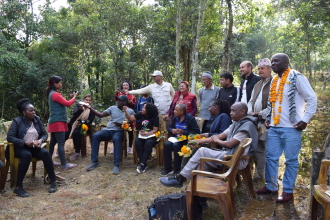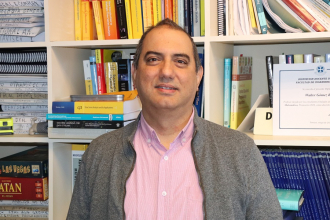Opportunities for Orphan Crops: Expected Economic Benefits From Biotechnology
An enabling, evidence-based decision-making framework is critical to support agricultural biotechnology innovation, and to ensure farmers’ access to genetically modified (GM) crops, including orphan crop varieties. A key element, and often a challenge in the decision-making process, involves the balancing of identified potential risks with expected economic benefits from GM crops. The latter is particularly challenging in the case of orphan crops, for which solid economic data is scarce.


